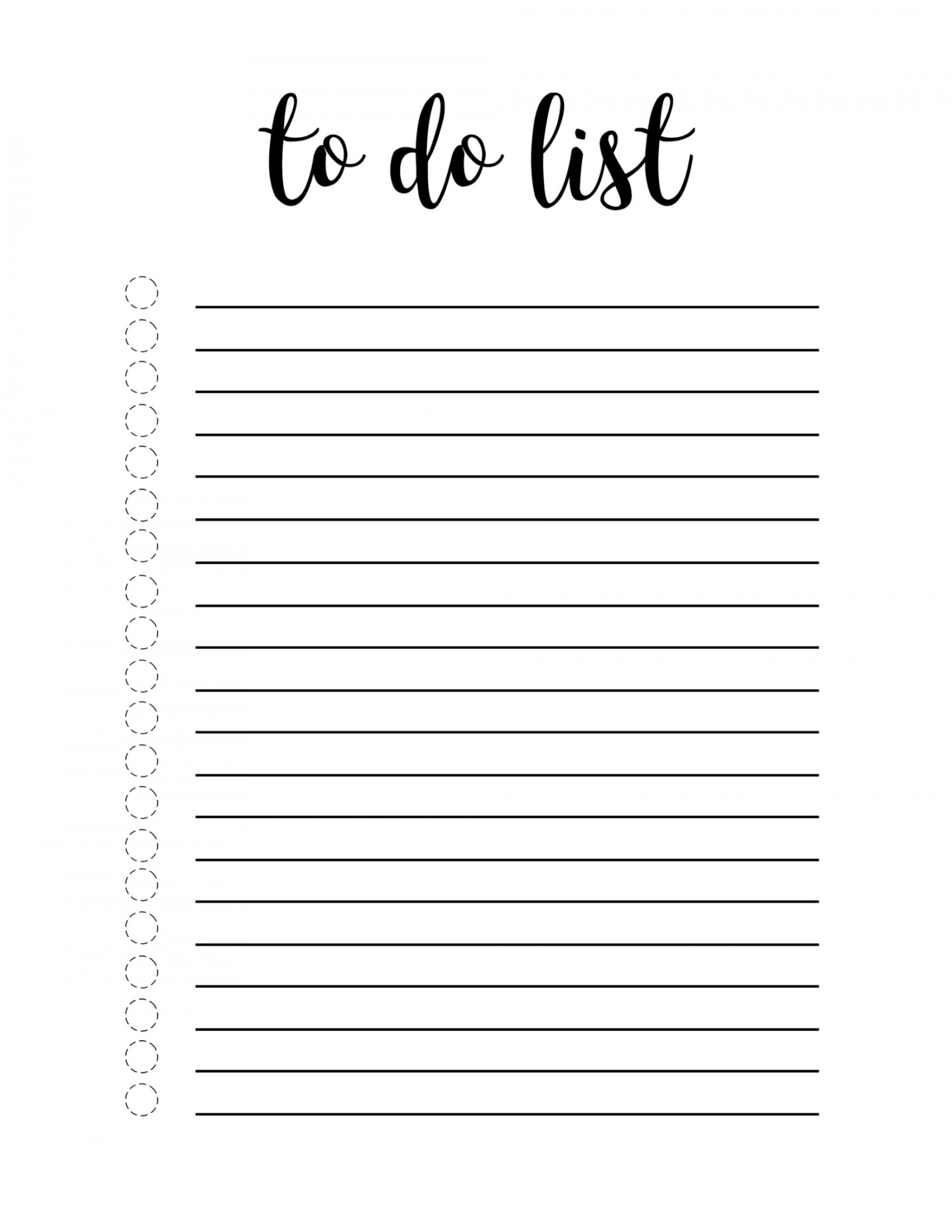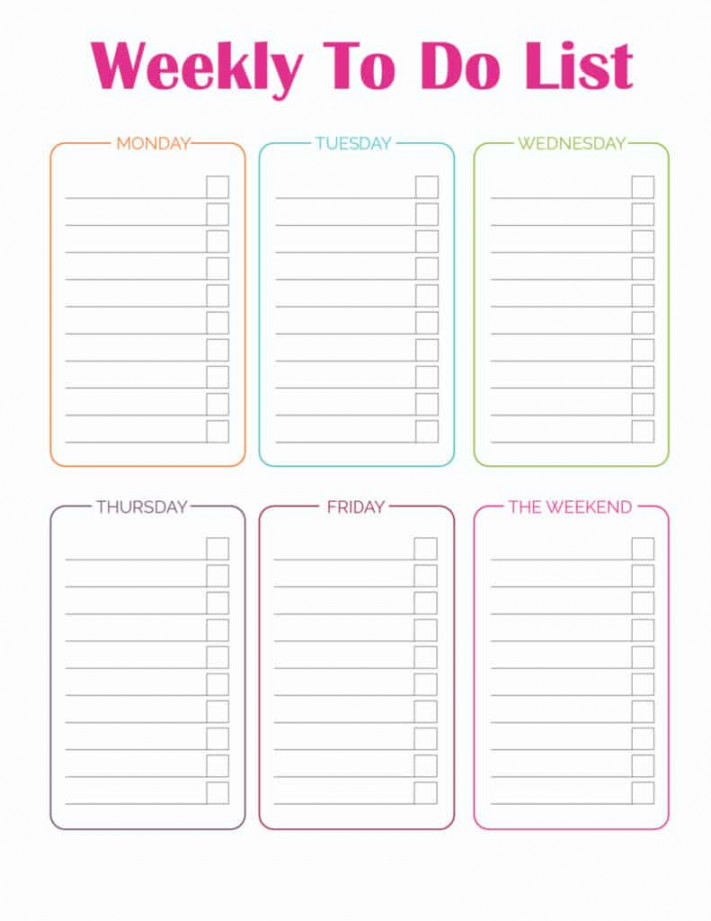Unticking the boxes: Breaking free from the to-do list
SHE has more than 1.5m followers on social media but psychotherapist Dr Sara Kuburic would prefer not to be called an influencer.

“I don’t love that term — but it is a powerful one and it’s one that comes with a lot of responsibility,” she says.
“We used to be like, ‘Oh, influencers, they push products’, but now the discussion is around how they influence who you become. And I think that’s huge.”
She is the creator of the hugely popular Instagram account @millennial.therapist, where she focuses on helping people live authentic, free, and meaningful lives.
Her posts are direct and at times challenging: ‘Stop waiting for people to apologise in order to move on’; ‘Stop taking advice from people you don’t want to be like’; ‘Stop being their maybe’.
‘Who am I?’ is a profound question and one that Kuburic has set out to explore in her new book It’s On Me.
A central theme is ‘self-loss’ which she says manifests itself as pain and emptiness from performing or observing life, rather than living it.
Born in Yugoslavia, and raised in Canada, Kuburic has embraced the life of a ‘nomad’ and is speaking to me on Zoom from New York.
It’s early in the morning on her side but she is bright as a button, informed, and eloquent on the psychological burdens faced not only by millennials but by all generations in a troubled world.
Psychotherapist Dr Sara Kuburic
She says she wrote It’s on Me because it is a book she wished she could have read herself when she was going through ‘self-loss’.
“I didn’t know what was wrong with me, and it was so isolating and painful, I just didn’t have the vocabulary for it — and I didn’t understand that there was a way through it. It felt really threatening and I just didn’t want anyone else to feel that way. I started to see clients feel this and not understand how to articulate it. As a society that is having a global existential crisis right now, I think this is a timely book.”
Kuburic says that when we become identified with the roles and responsibilities we take on in life — in her case, wife, student, therapist, friend, daughter, sibling — we ignore our core selves.
“Eventually we stop knowing who we are — we go on autopilot. We check off all the lists. We go, ‘Great, I did this for my children; great, I did this for my parents; great, I did this for my job’. And then you go to bed feeling empty and alone because life has become a checklist and not a form of self-exploration or expression.”
In the book, Kuburic offers strategies on how to rediscover the self, breaking it down into three components — the body, the mind, and the emotions.
“It is a huge task to take responsibility and make choices that align with who you are, but you first need to figure out ‘What are my emotions really telling me, how is my body experiencing this, what are the beliefs or habits that are getting in the way?” she says, adding you don’t need to attack all three areas at the same time.

It’s On Me, by Dr Sara Kuburic
Kuburic has struggled at times to find her own sense of self and she writes about how she survived the Bosnian war as a young child.
She says recent events in the Middle East have been ‘triggering’ especially witnessing the impact of devaluing other people’s humanity.
“What makes me the saddest is watching the dehumanisation… I know what it felt like to be dehumanised. When we talk about the self, taking away someone’s dignity, taking away someone’s humanity makes it so hard for them to be a person, to be themselves.”
She argues that people who suffer trauma can be empowered by taking charge of what comes next, and cites as an example Viktor Frankl, the Austrian psychiatrist and Holocaust survivor who wrote the seminal book Man’s Search for Meaning. Kuburic says his emphasis on finding meaning and purpose in life, no matter how difficult the circumstances, is more important than ever.
“It’s more relevant today than it has been in such a long time. There is so much meaninglessness and so much aimlessness, and people are so disconnected as to why they’re even alive. It’s really important to understand that we can construct our meaning by our attitudes or our actions, and it’s something that we do on a daily basis. If you don’t feel like you have meaning in your life today, you can change that by doing something meaningful, something that holds value.”
One of the great challenges to our sense of self is social media, which has become a seemingly endless source of dictates and pronouncements about who we should be.
“In terms of social media, who you follow is very important… We need to understand the responsibility of that, you’re allowing this person to give you a roadmap to your own authenticity that might not actually be authentic to you. We need to be really careful with the consumption of it.”
It’s best to think of our posts as a form of self-expression, she says.
“The second it becomes for others, or about others, I think you’re in trouble. I genuinely love my platform, my community and the hopefully positive impact I’m creating. Yet if I start to hate it, or if it’s no longer for me, I’m just going to quit because it’s just not worth it. It has to be something that gives you value.”
‘It’s on Me’, by Dr Sara Kuburic, published by Quercus, is out now.





